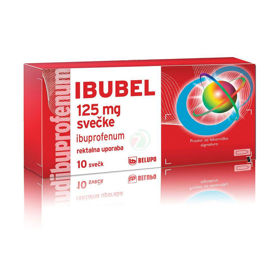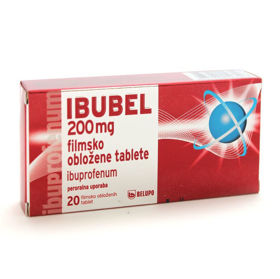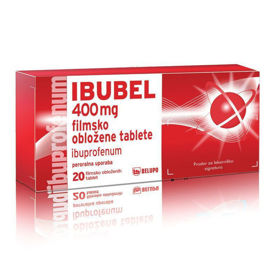Customer question:
Can a proper diet affect sciatica?? Anonymous customer's question
Pharmacist's answer:
While no specific "sciatica diet" is universally recognized for directly treating sciatica pain, confident dietary choices can contribute to the spine's overall health, reduce inflammation, and support healing. While dietary changes can support the body's healing processes and potentially help alleviate some symptoms, it is essential to combine them with other treatments, therapies, or lifestyle changes as recommended by your doctor.
Here are some general dietary guidelines that may be helpful:
- Turmeric and ginger both have natural regenerative properties.
- Strawberries: Blueberries, strawberries, raspberries, and blackberries contain antioxidants.
- Green tea contains antioxidants and many other health benefits.
- Olive oil contains oleocanthal and many vitamins.
- Leafy vegetables: spinach, kale, and Swiss chard are rich in vitamins and minerals.
- Omega-3 fatty acids are found in fatty fish and flax seeds, chia seeds, and walnuts.
- Stay hydrated: proper hydration can help maintain the elasticity and height of the intervertebral discs.
- Whole foods: focus on whole, unprocessed foods to support overall health.
- Magnesium-rich foods: Consider including nuts, seeds, whole grains, and green leafy vegetables.
Avoid or limit foods that promote inflammation:
- fried food
- processed food and sugars
- refined carbohydrates
- excessive consumption of alcohol
- too much red meat
- trans fats
Can losing weight ease sciatica pain?
Since weight puts extra stress on your lower back, losing weight not only eases sciatica pain but can also prevent it from turning into chronic pain. If you're overweight or slightly overweight, those extra pounds put unnecessary pressure on your spine, which can trigger or worsen sciatica. If you are overweight, the treatment of sciatica also takes longer.
Which vitamins can help with sciatica?
Magnesium, vitamin D, vitamin E, vitamin B12, vitamin B6, zinc, selenium, and fish oil (omega-3 fatty acids) act as antioxidants in the body. B vitamins (especially B1, B6, B9, and B12) are essential for nerve health. Deficiency has been linked to neuropathy and migraines, and supplementation with B vitamins has been shown to promote regeneration and functional recovery of damaged sciatic nerves.
Does a healthy diet affect the health of the spine?
Our diet directly affects the health of the spine. A balanced diet rich in essential nutrients can help maintain the spine's structural integrity, reduce inflammation, and promote overall well-being. Conversely, a poor diet can lead to obesity, inflammation, and other conditions that can negatively affect the spine.
Interesting reading: How long does sciatica last?
Interesting reading: Diet for sciatica













